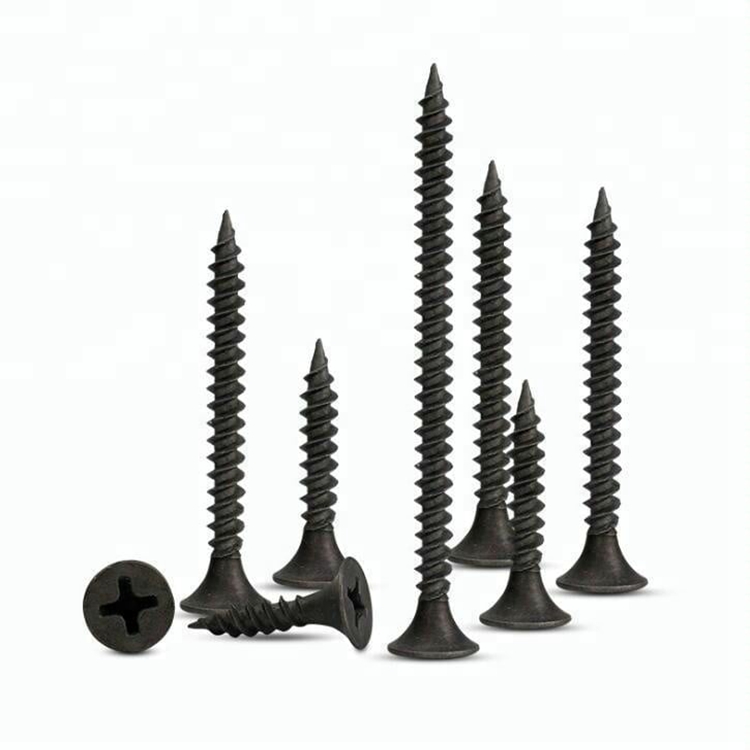Effective Thread Sealing Washers for Reliable and Leak-Proof Connections
Oktoba . 17, 2024 17:27 Back to list
Effective Thread Sealing Washers for Reliable and Leak-Proof Connections
Understanding Famous Thread Sealing Washers A Comprehensive Overview
Thread sealing washers are crucial components in various industrial and mechanical applications. They are designed to prevent fluid or gas leaks from threaded joints by creating a reliable seal. Among the diverse range of sealing washers available, some have gained fame for their effectiveness and reliability. This article delves into the prominent thread sealing washers, their materials, applications, and the key advantages they offer.
What Are Thread Sealing Washers?
Thread sealing washers are specially designed flat washers that are used to create a tight seal between two surfaces, particularly in threaded connections. They are often made from materials that can withstand different types of fluids and pressures. The primary function of these washers is to fill the gaps and imperfections between the mating surfaces, thereby ensuring a leak-proof seal.
Types of Thread Sealing Washers
1. PTFE Washers Polytetrafluoroethylene (PTFE) is well-known for its exceptional chemical resistance. PTFE washers are famous in applications involving corrosive fluids or gases. They can operate in a wide temperature range, making them suitable for both low and high-temperature environments.
2. Rubber Washers Made from various types of rubber, these washers are praised for their flexibility and ability to conform to irregular surfaces. Rubber thread sealing washers are commonly used in plumbing and hydraulic applications where a reliable seal against liquids is essential.
3. Flat Bonded Washers Featuring a bonded sealing material on their surface, these washers are designed for robust sealing capabilities. The bonding provides enhanced sealing characteristics, making them a popular choice in automotive and aerospace industries.
4. Copper and Aluminum Washers These metal washers are often employed in high-temperature applications. They can withstand significant pressure and provide excellent sealing properties due to their malleability, which allows them to deform and fill gaps effectively.
Key Advantages of Using Thread Sealing Washers
- Leak Prevention The primary advantage of thread sealing washers is their ability to prevent leaks in threaded joints. Their design and materials ensure that even under pressure, the seal remains intact.
famous thread sealing washers

- Versatility Available in various materials and sizes, thread sealing washers can cater to a wide range of applications, from automotive to industrial machinery and plumbing
.- Ease of Installation Thread sealing washers are easy to install, making them a favored choice among engineers and technicians. Proper placement of the washer can often lead to simplified assembly processes.
- Durability Many thread sealing washers offer exceptional resistance to chemicals, heat, and environmental factors, ensuring longevity and reducing the frequency of repairs.
Applications of Thread Sealing Washers
1. Automotive Industry Used in engines and fuel systems, they ensure fluid integrity and prevent leaks, contributing significantly to vehicle safety.
2. HVAC Systems In heating, ventilation, and air conditioning systems, sealing washers are critical for maintaining the integrity of refrigerant lines and preventing system failures.
3. Oil and Gas Industry Thread sealing washers are extensively used in pipelines and fittings, where the risk of leakage can lead to catastrophic results and severe environmental damage.
4. Plumbing In residential and commercial plumbing applications, these washers are fundamental to preventing water leaks, ensuring efficient and safe water delivery.
Conclusion
Famous thread sealing washers play an indispensable role in modern engineering and construction. Their diverse materials and effective sealing capabilities make them vital components in various applications. By understanding the types, advantages, and uses of thread sealing washers, engineers and technicians can make informed decisions that enhance the efficiency and safety of their systems, ensuring long-term reliability in operations. Whether in plumbing systems, automotive applications, or high-pressure industrial environments, the importance of these seemingly simple components cannot be overstated.
Latest news
-
High-Quality Bolts for Lawn Mower Handle Supplier & Manufacturer
NewsAug.21,2025
-
Reliable Axle Nuts Supplier | High-Quality Automotive Parts
NewsAug.19,2025
-
Premium Wire Bolts Suppliers | Durable & Reliable Fasteners
NewsAug.18,2025
-
Leading Metric Wood Screw Companies & Manufacturers
NewsAug.17,2025
-
Top Wire Bolts Suppliers - Quality & Durable Fasteners
NewsAug.15,2025
-
Trusted Wire Bolts Company | Quality Fasteners Supplier
NewsAug.14,2025
